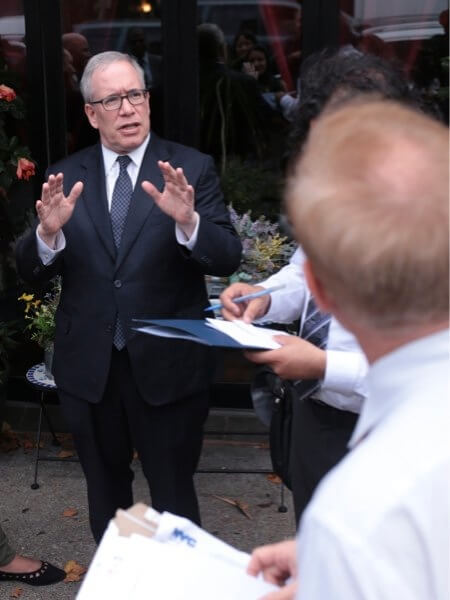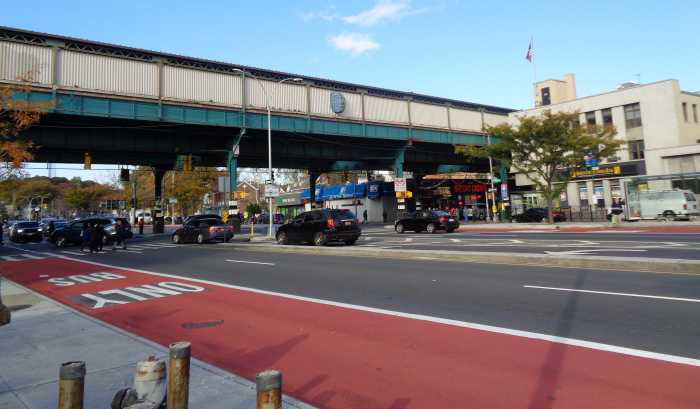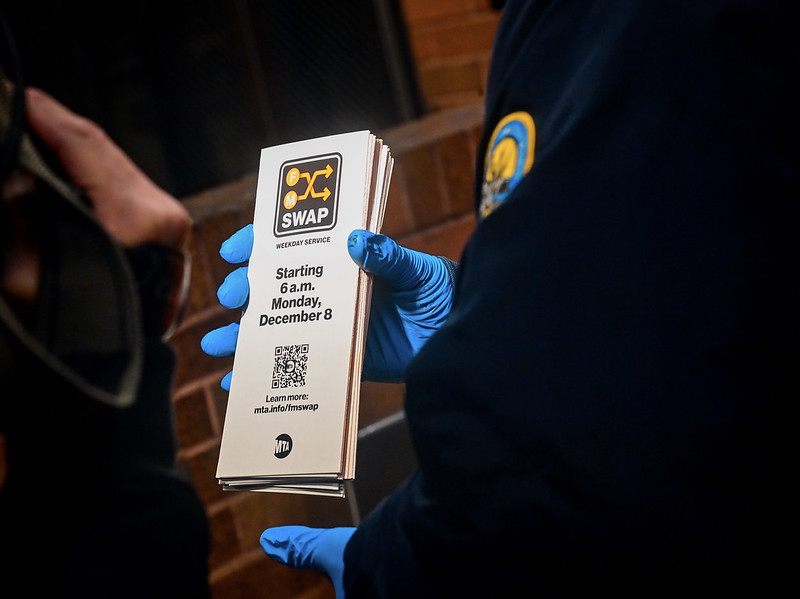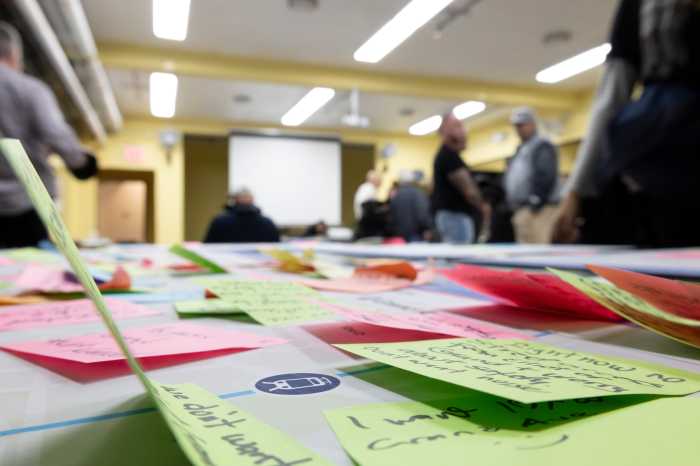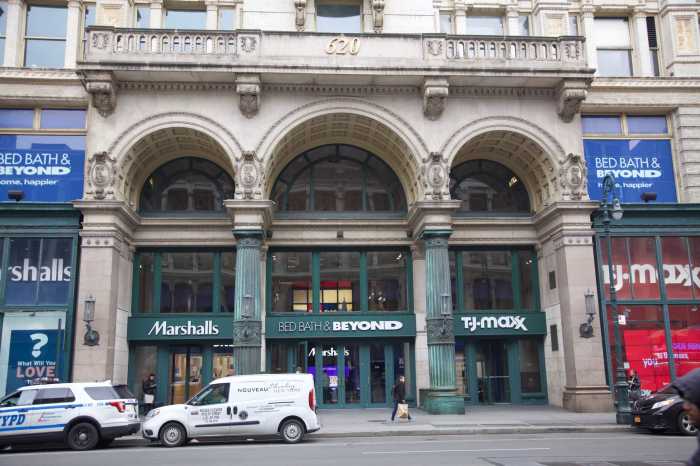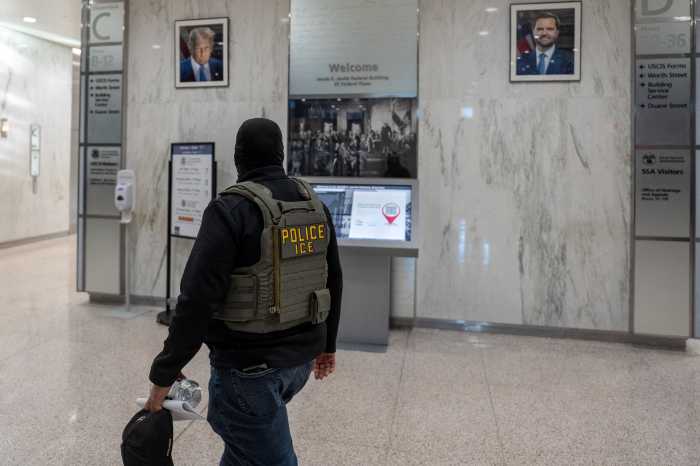By Mark Hallum
A new report from city Comptroller Scott Stringer’s office claims that subway delays are not simply a frustration for New Yorkers, but carry a heavy burden for the economy.
The economic cost for such delays is estimated to be as high as $389 million each year in lost productivity calculated with an average hourly wage of $34 and using data from train schedules, passenger volumes and weight assessments by subway line, with the worst offenders being the 4, 5, A, 7 and F trains.
“Several months ago, we did a comprehensive citywide survey to understand the human impacts of subway delays,” Stringer said. “Now, we understand the economic costs of the crisis underground. What these new numbers show is that the cost of inaction is greater than the cost of action; that subway delays take a massive toll on our economy. We need to fix our subways both to improve quality of life and our economy. This isn’t a choice – it’s a must.”
In July, Stringer released his report, which showed the human impact of delays by surveying straphangers. The report claimed 74 percent of respondents said train delays had caused them to be late for work, 65 percent were late to pick up or drop off a child, and 29 percent had been late for doctors’ appointments.
Some 41 percent of those surveyed in Queens gave the MTA a D or an F grade for performance.
“There is no question our subways are in crisis after decades of under-investment and inaction. With the ‘Summer of Hell’ fading into what could be a ‘Fall of Frustration,’ every level of government needs to step up,” Stringer said. “Our subway system is the backbone to our economy. That means with every delay, there aren’t just lives affected – there’s an economic consequence.”
The “Summer of Hell” was declared by Gov. Andrew Cuomo in late June with the announcement that Amtrak would take eight weeks to complete long-overdue repairs to eight of the 21 tracks in Penn Station, the nation’s largest transit hub. The period coincided with a state of emergency declared by Cuomo due to the dire straits of the city’s subway system. Cuomo hoped to expedite repairs to the ailing city transit system by suspending bureaucratic processes and pouring an extra $1 billion in the MTA’s capital funds.
Since the “Summer of Hell” ended, MTA Chair Joseph Lhota announced a plan to stabilize the subways that would cost about $800 million and eventually pave the way for a long-term plan, which has yet to be announced.
The MTA has been waiting for the $800 million to be fulfilled by either the city or state governments, with Cuomo and Mayor Bill de Blasio never coming to an agreement as of yet for who should pony up for the project.
Reach reporter Mark Hallum by e-mail at mhall

